Childhood trauma plays out in a lot of ways in humans as adults, both good and bad. From the positive trait of courage to the negative feeling of anxiety, here are 17 things you’ll likely notice about people who had difficult childhoods.
Resilience

People with difficult childhoods almost always have a way to bounce back quickly from the adverse situations they find themselves in. This is because they have had to deal with many terrible situations on their own. Hence, they have learned how to overcome challenges through perseverance.
Impulsive Behaviors

Some people with difficult childhoods also make decisions at the snap of a finger, often without considering the consequences. They go for instant gratification without looking at the long-term effects, and, as BMC Health shares, they have a higher probability of making risky lifestyle choices.
Social Withdrawal
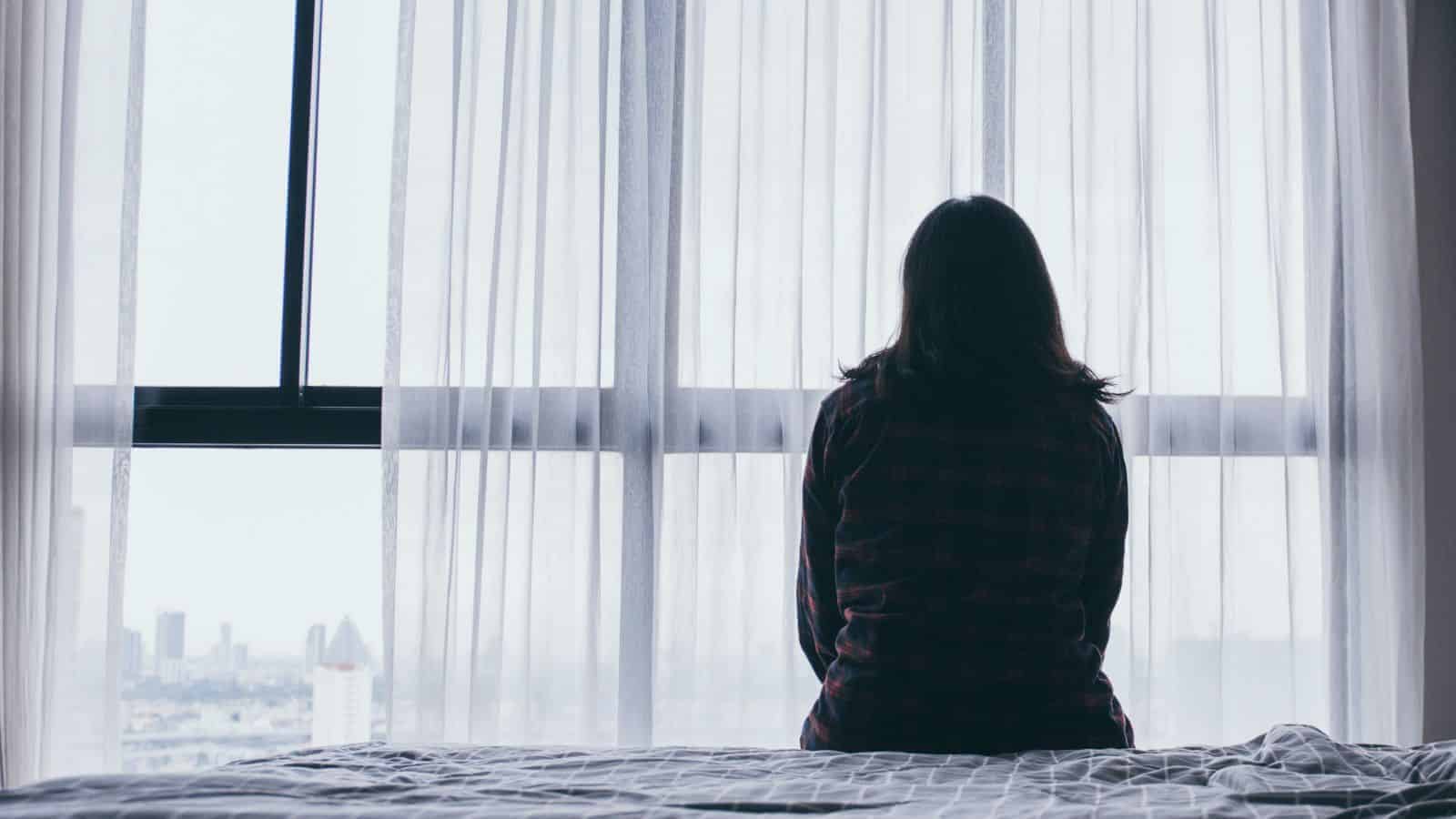
For some people, a difficult childhood manifests in the form of social isolation, where they enjoy solitude over being amongst other people. Some others hold back from expressing their emotions or needs, and this is typically linked to experiences around bullying or social rejection.
Obsessive Compulsive Disorder (OCD)

Reading from Psyche Central, we learn that “childhood trauma may not only trigger the onset of OCD but may also make OCD symptoms more severe.” You may see severe cases of OCD, especially if it’s accompanied by issues with attachment and problems processing their emotion.
Empathy
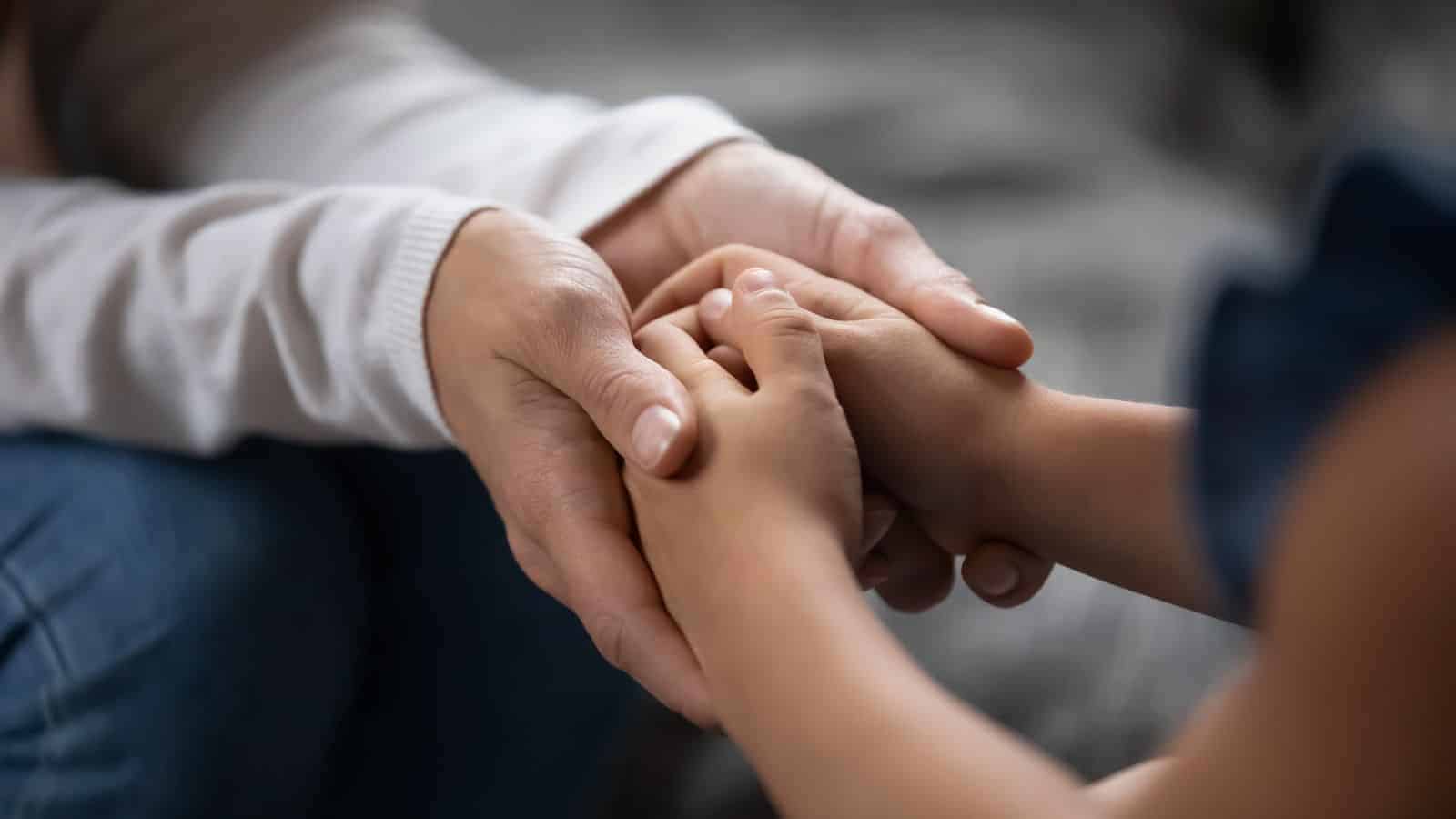
Because they have had similar experiences and they know how it feels to be hurt physically or emotionally, people with difficult childhoods also show a deep understanding of others’ feelings. They don’t mind being the confidant of anyone in distress, and they play this role perfectly.
Hyper-Independence

You also notice that some of them are more independent than other people—and there are two reasons for this. On one hand, due to parental neglect, some have been accustomed to making decisions for themselves from an early age. And on the other hand, owing to excessive restrictions, they enjoy the freedom that comes with being autonomous.
Obsessive Dependency

In some other people, a difficult childhood has the complete opposite effect. You see them show a huge need for affection from others, typically owing to experiences around parental abandonment. They always demand multiple reassurances that they won’t be left alone or uncared for too!
Defensiveness

Some people with difficult childhoods also have a poor response to criticism—no matter how constructive it is. They perceive everything as an attack against them, respond with strong, overreactive emotions, and are always involved in an altercation because of this. Many times, this is caused by growing up in a confrontational or overly critical household.
Resourcefulness

For the people who had to get by every day with little material (or financial) wealth, you see them develop excellent resource management skills. They know how to adapt to different levels of financial abundance or lack, and they are able to get great results when given limited materials to work with.
Anxiety

These people are constantly worried that something bad will happen, even if there’s no good reason to think so. They have exaggerated intrusive thoughts and harbor a recurring fear of the unknown—traits that stem from living in an unpredictable environment, whether emotional or security-wise.
Strong Work Ethics

Thanks to their determination to improve their difficult life circumstances—a trait following them into adulthood—these people are also known to be highly motivated individuals. You’ll often find them working harder than their peers, and this is especially true when economic hardships play a part in their upbringing.
Mistrust

An NLM paper tells us that some people are also always protective of their personal space and suspicious of the motives of other people. They’re afraid of forming close relationships or revealing their vulnerabilities to others, and this is typically caused by betrayals or disappointments in the past.
Courage

This one’s for those who have always had to struggle and stand up for themselves to get what they want. People who had these difficulties in childhood grow up to face their fears with bravery, never be meek in the face of opposition, and be willing to take risks to achieve a beneficial outcome.
Great Problem Solving

We also see many of these people develop a keenness to solve problems as well as advanced skills to support this desire. Usually forced by necessity for survival during their childhood, they have an amazing sense of awareness that allows them to spot issues even before they arise.
Pessimism

Some people with difficult childhoods also always expect negative outcomes from anything they do or talk about. This is a state of learned helplessness we see in adults who never had things go the way they wanted as children. By expecting the worst, they’re never disappointed by the results they see.
Hyper-Vigilance
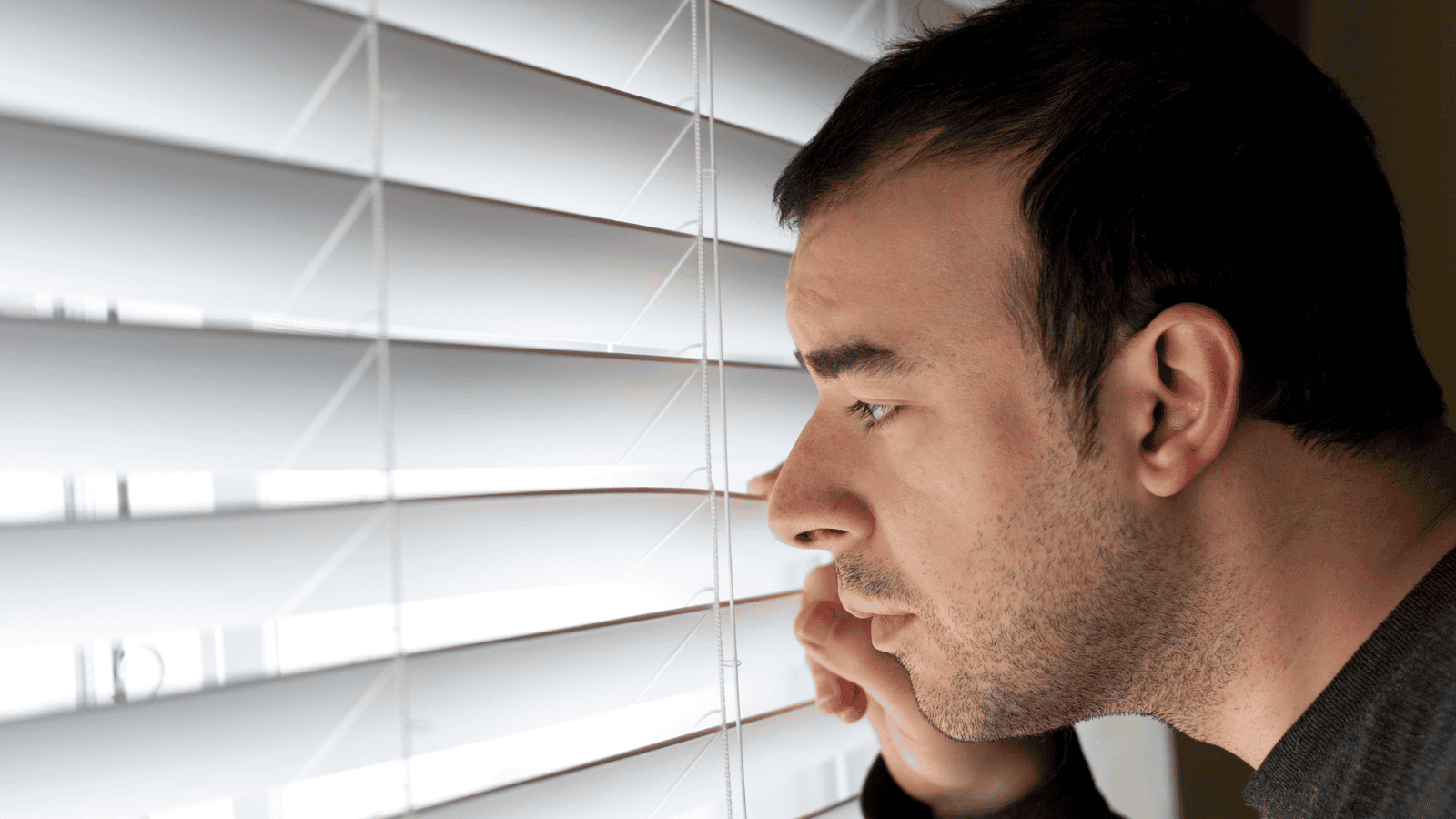
For the children who had to constantly watch over their backs for danger, you also see them grow up to be hypervigilant adults. Some of the signs of this, explained by Verywell Mind, include exaggerating threats, obsessively avoiding things known to be dangerous, and an abnormal scare-jump reflex from unexpected noises or movements.
Aggression

Sometimes, the difficulties from neglect or abuse may pile up into deep-seethed feelings of frustration and anger, and you see this person engage in violent behaviors. Other reasons for aggression include having to constantly fight your way through unsafe environments or just modeling what you experienced from adults during childhood.
Up Next: 17 Places in the U.S. Where Even Truck Drivers Won’t Stop
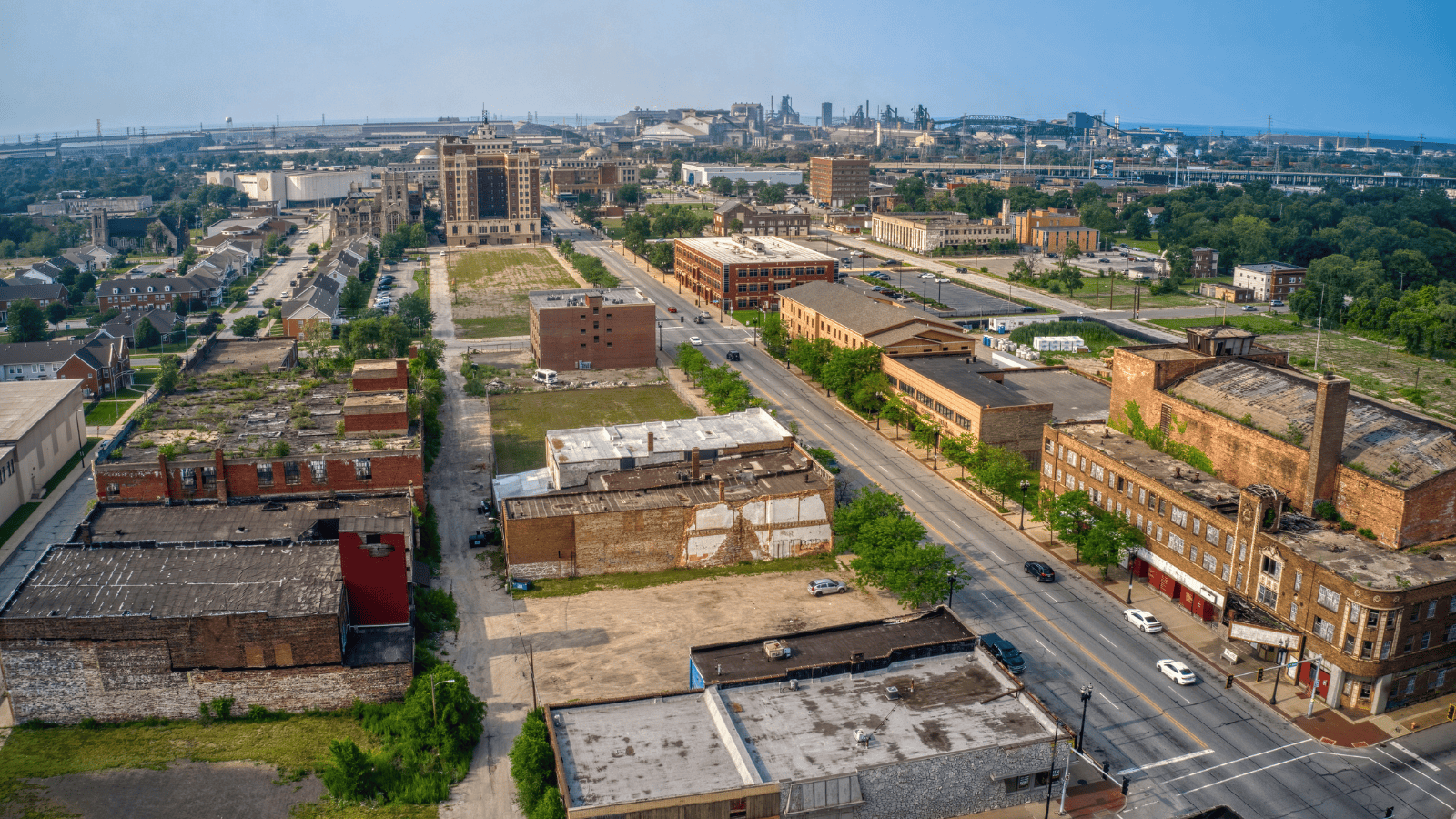
Truck drivers tend to be hardy souls—well-seasoned travelers who aren’t often afraid to rest up or refuel in risky locations. However, there are certain U.S. locations that even the most road-weary trucker refuses to stop at for fear of criminal activity or natural dangers. Here are 17 such locations that even experienced truck drivers approach with trepidation (or not at all).
17 PLACES IN THE U.S. WHERE EVEN TRUCK DRIVERS WON’T STOP
17 Things Guests Actually Notice Right Away About Your House

Inviting people into your home is a big deal. You may be very house-proud or house-conscious, and if you are either, you’ll likely get anxious about hosting. If this sounds like you, stop worrying and focus on the following 17 things that guests actually notice right away about your house.
17 THINGS GUESTS ACTUALLY NOTICE RIGHT AWAY ABOUT YOUR HOUSE
The 17 Unhappiest States in America
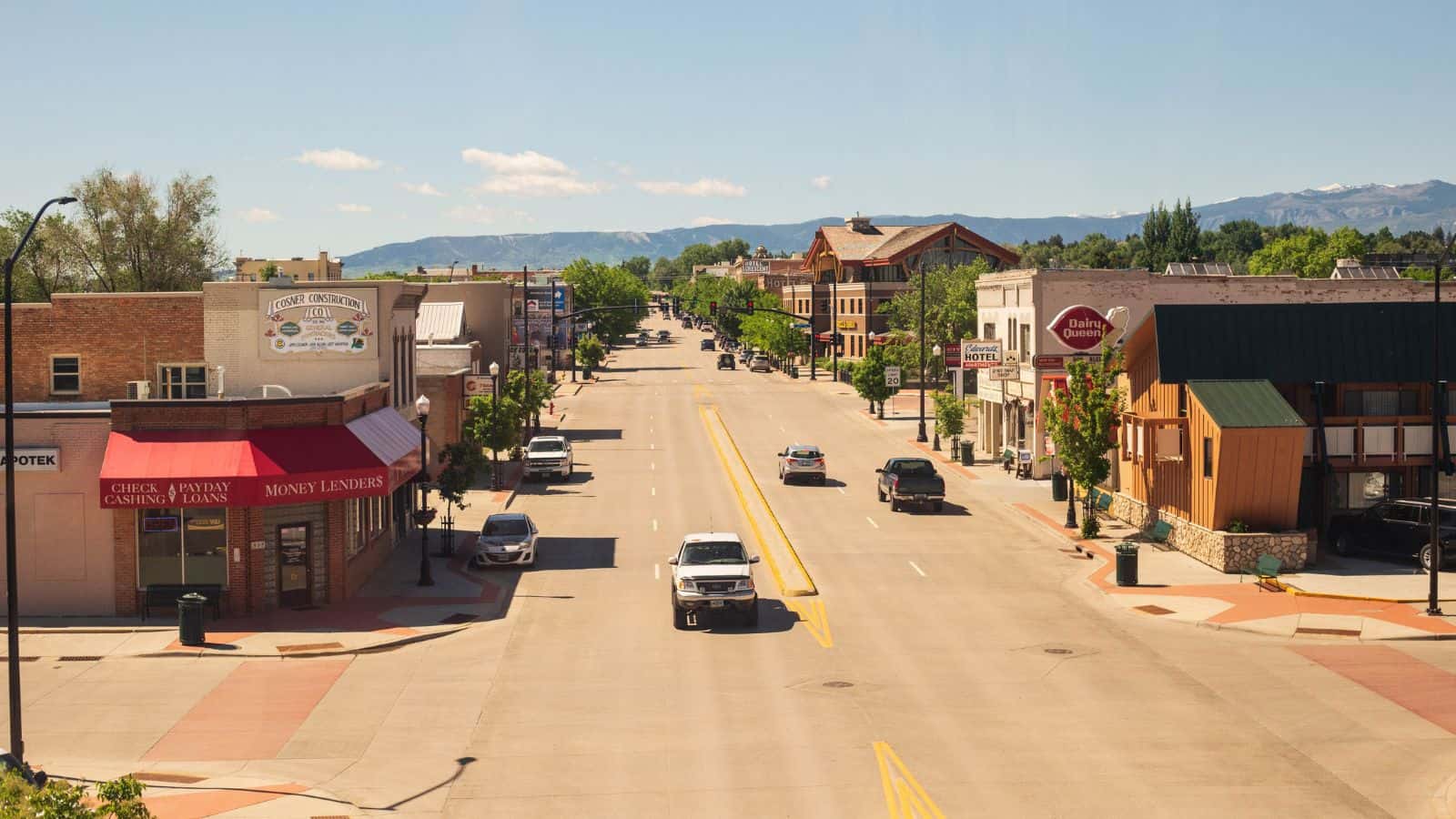
The US has hit an all-time low position in the World Happiness Index, tumbling to 23rd in 2024. However, it’s important to remember that location is an important factor; many US states are very happy, unlike the following 17 US states that appear to be the most unhappy.
